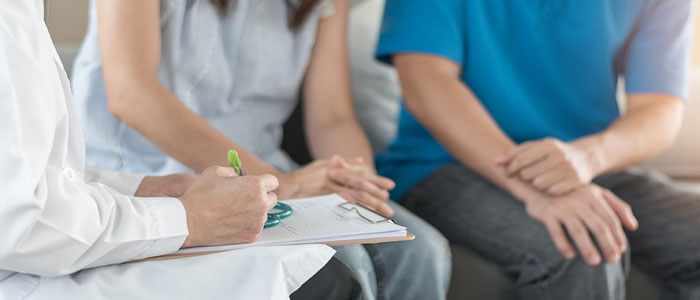Fertility Treatment Specialist in Jacksonville, FL
At REVAMP Wellness Center, Hans Crevecoeur APRN supports you through the physical, emotional, and real-life demands of your fertility treatment. We help manage all aspects of reproductive care and infertility. If you or your partner have known fertility problems, irregular or painful periods, pelvic inflammatory disease, repeated miscarriages, or endometriosis, visit our clinic today. For more information, contact us or schedule an appointment online. We are located at 8102 Blanding Blvd. Suite 17, Jacksonville, FL 32244.






Additional Services You May Need
▸ Testosterone Replacement Therapy
▸ Sexual Health
▸ Performance Enhancement
▸ Weight Management
▸ Anti-Aging
▸ Erectile Dysfunction
▸ Fertility
▸ Premature Ejaculation
▸ Male Baldness Pattern
▸ Peptide Therapy
▸ Growth Hormone Optimization
▸ IV Infusion




